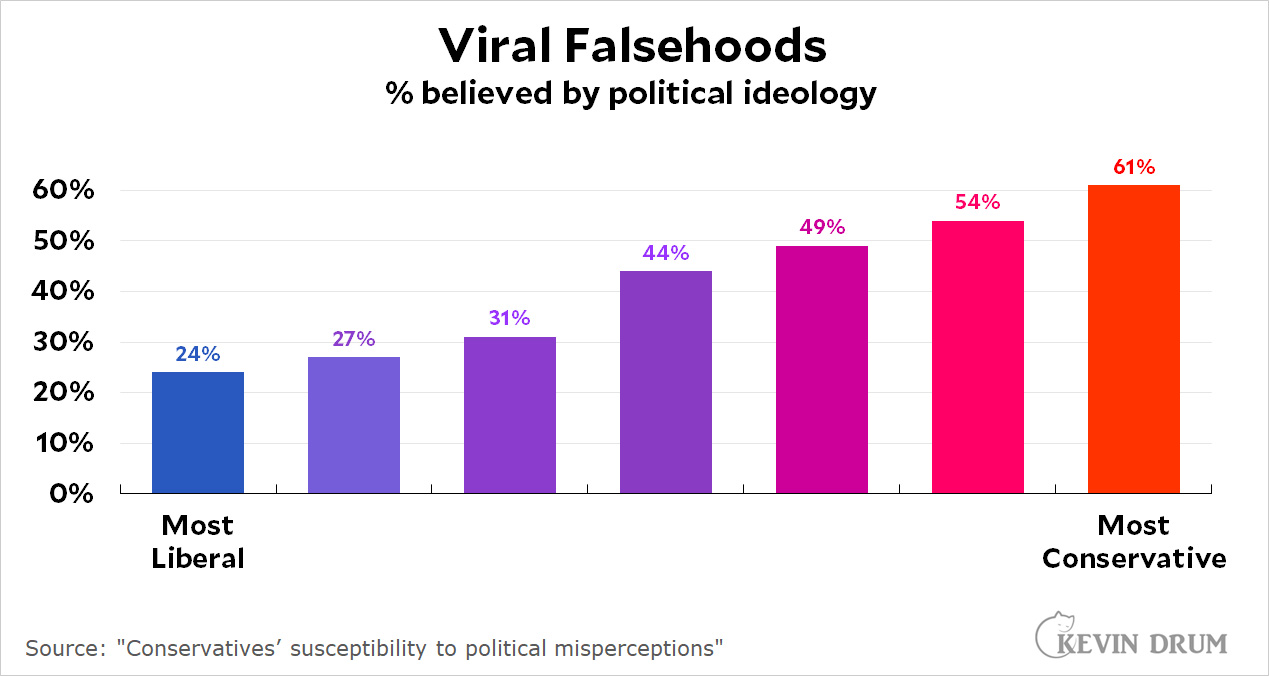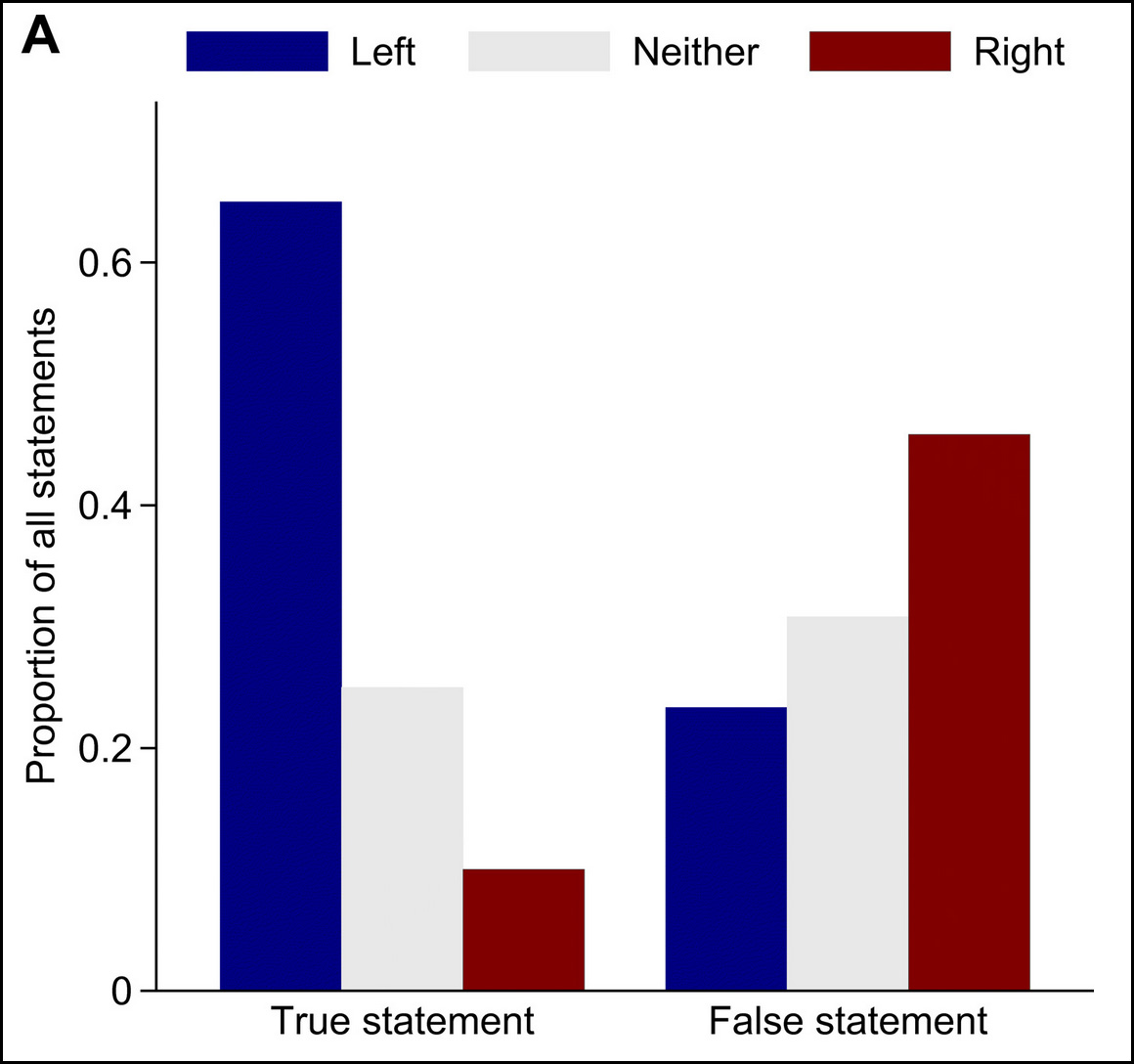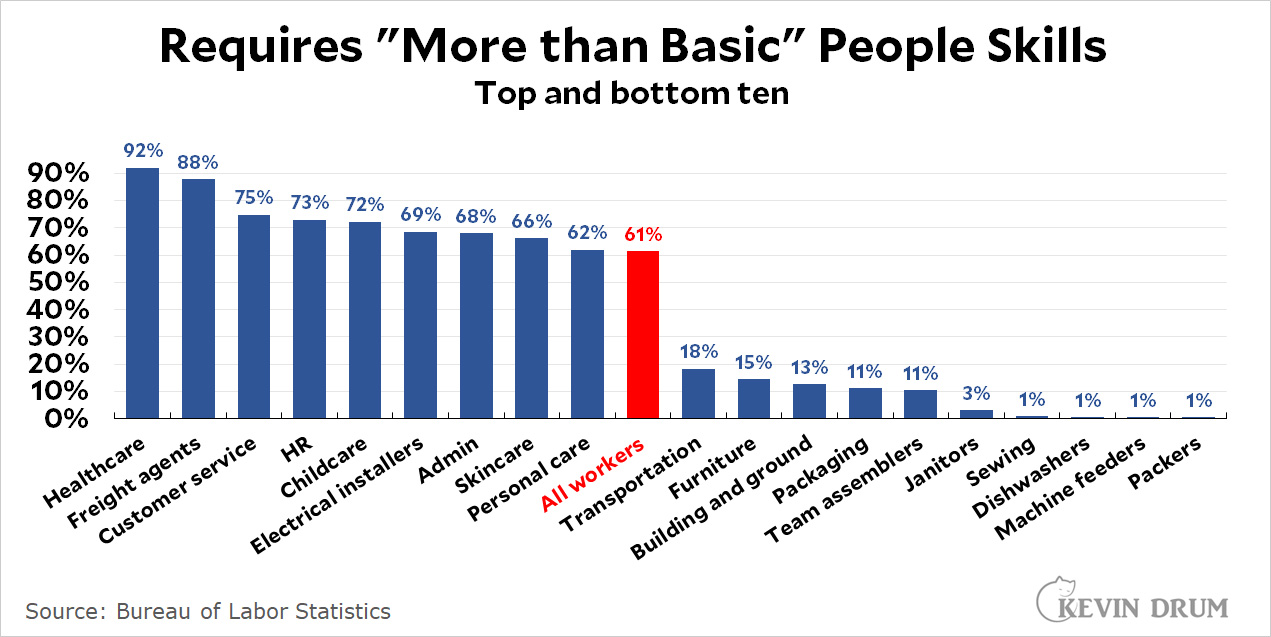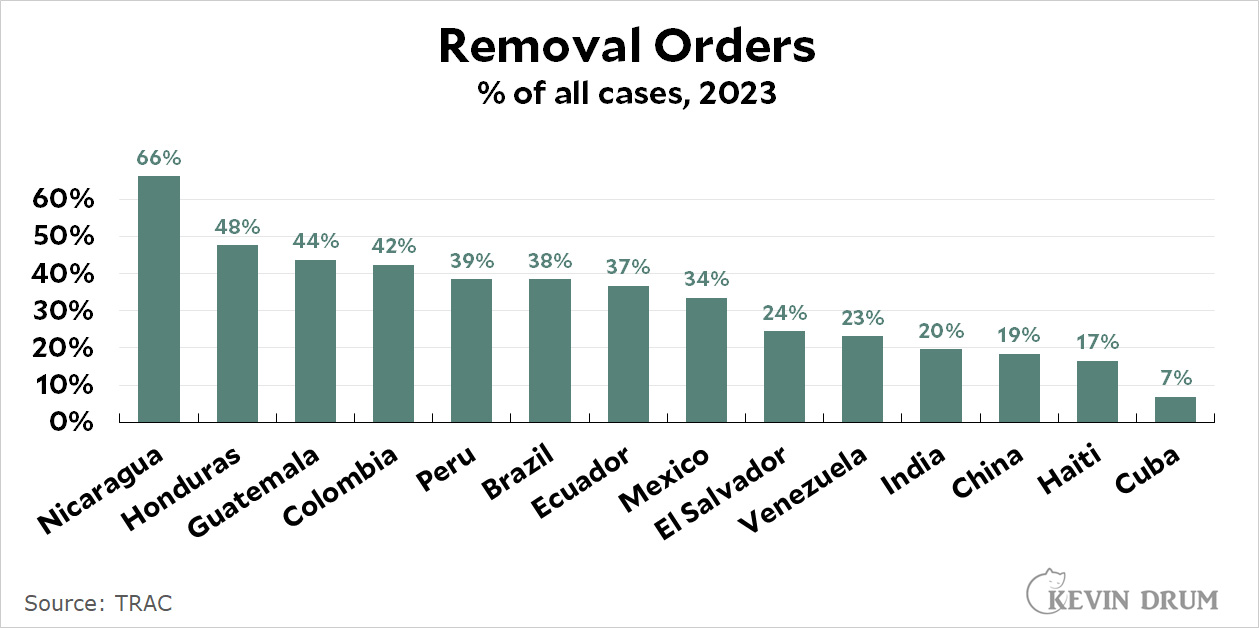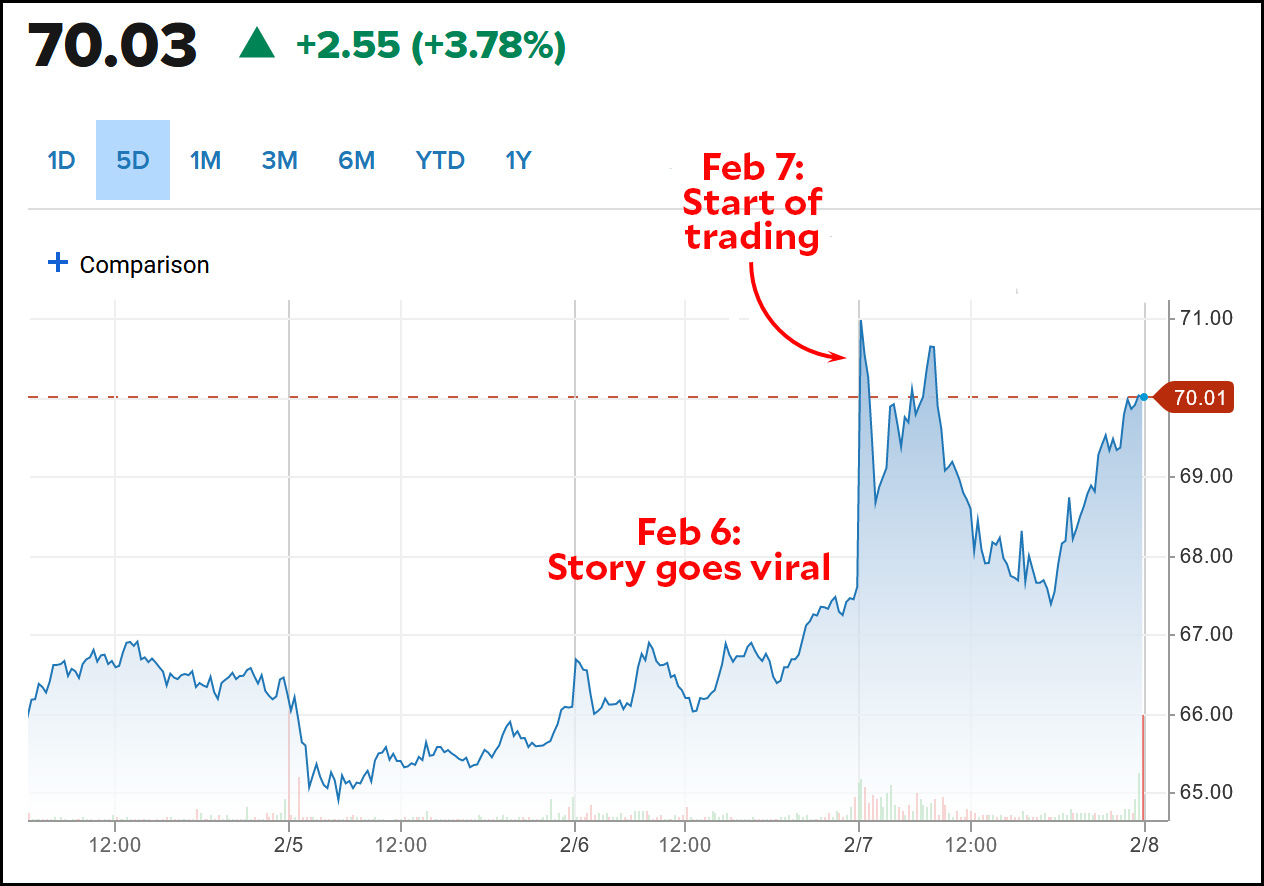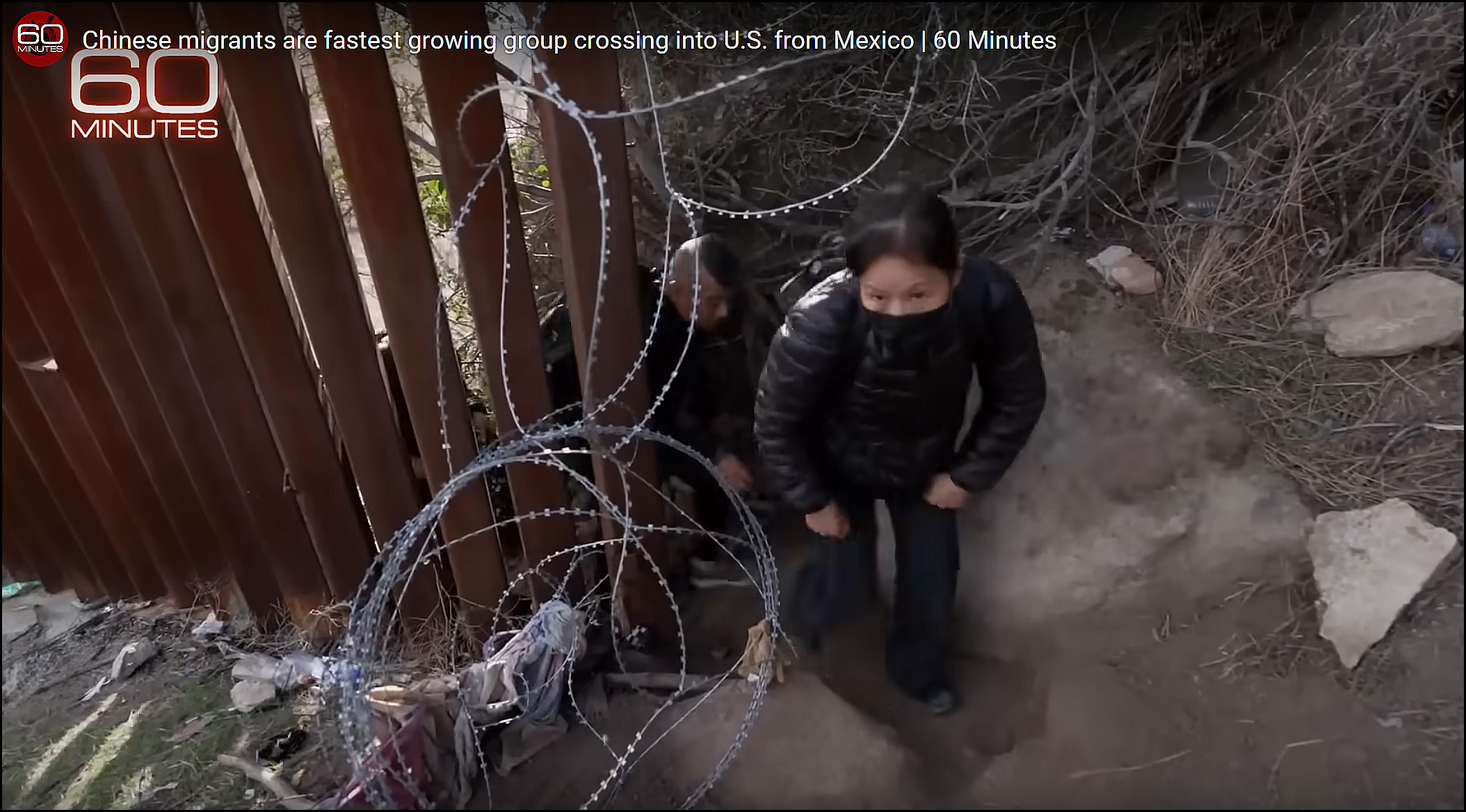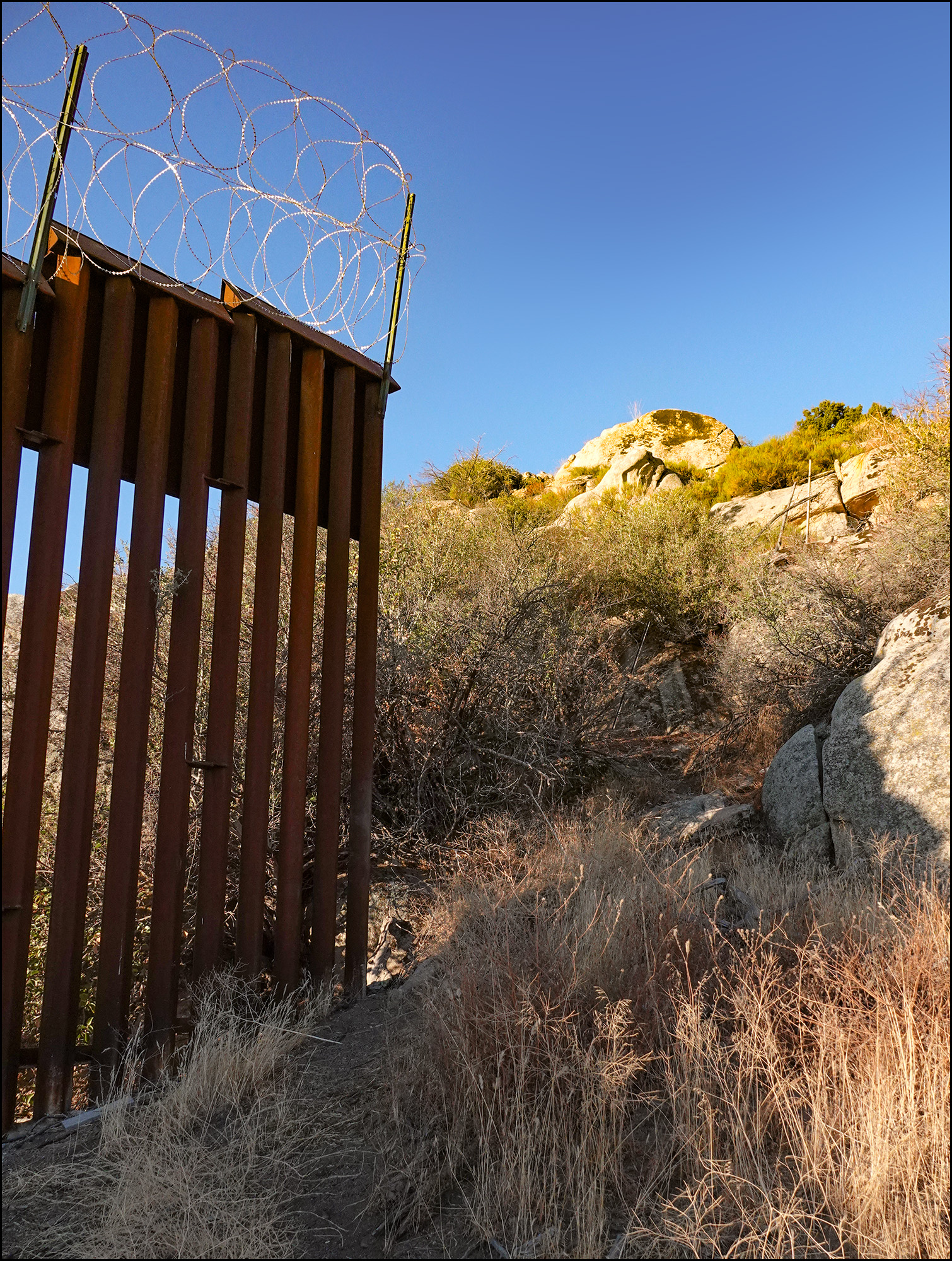Special Counsel Robert Hur has cleared President Biden of willfully keeping classified documents in his home after he left the vice presidency. As usual with these things, however, he also wrote a "damning" doorstop report to go along with it. Don't they all?
The whole case turns primarily on the word "willfully." Hur seems to personally believe Biden deliberately kept some classified documents after leaving office even though he admits there are several reasons this is unlikely:
The place where the Afghanistan documents were eventually found in Mr. Biden's Delaware garage—in a badly damaged box surrounded by household detritus—suggests the documents might have been forgotten.
....Most significantly, Mr. Biden self-reported to the government that the Afghanistan documents were in his Delaware garage and consented to searches of his house to retrieve them and other classified materials. He also consented to searches of other locations, and later in the investigation, he participated in an interview with our office that lasted more than five hours and provided written answers to most of our additional written questions.
....Jurors will conclude that Mr. Biden—a powerful, sophisticated person with access to the best advice in the world—would not have handed the government classified documents from his own home on a silver platter if he had willfully retained those documents for years. Just as a person who destroys evidence and lies often proves his guilt, a person who produces evidence and cooperates will be seen by many to be innocent.
The events in question happened at the end of Biden's vice presidency, and even Hur admits they were small enough and routine enough that it would be natural not to remember them clearly ("finding classified documents at home less than a month after leaving office could have been an unremarkable and forgettable event"). Nevertheless, Hur inexplicably chose to suggest that Biden could be viewed as a "sympathetic, well-meaning, elderly man with a poor memory"—based on a grand total of four times over two days of interviews that Biden was momentarily confused about some things.
This editorializing seems both gratuitous and wholly unrelated to the case itself. I have no idea what was running through Hur's mind when he decided to include it. I guess he figured he needed to sound tough, especially since he wasn't recommending charges and Republicans were likely to jump all over him for that. Gotta throw them some red meat.
For what it's worth, though, Hur did take the time to explain why Biden's case is nothing like Donald Trump's:
Several material distinctions between Mr. Trump's case and Mr. Biden's are clear.... Most notably, after being given multiple chances to return classified documents and avoid prosecution, Mr. Trump allegedly did the opposite. According to the indictment, he not only refused to return the documents for many months, but he also obstructed justice by enlisting others to destroy evidence and then to lie about it. In contrast, Mr. Biden turned in classified documents to the National Archives and the Department of Justice, consented to the search of multiple locations including his homes, sat for a voluntary interview. and in other ways cooperated with the investigation.
Biden acted all along like an innocent man. Trump made it clear all along that he was guilty and was willing to commit additional crimes to hide his guilt. It's night and day and it always has been.

